Search
Did you mean: Shinto?
Search Results
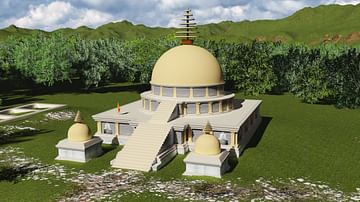
Definition
Taxila
When it comes to ancient history, Pakistan contains its fair share of treasures, one of the prominent of these being the ancient metropolis of Taxila. It is a city of the Gandharan civilization, sometimes known as one of its capitals, whose...
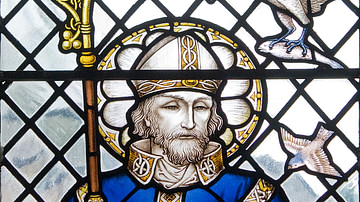
Definition
Saint Cuthbert
Saint Cuthbert (c. 634 - 20 March 687) was an Anglo-Saxon monk from the Kingdom of Northumbria, who became the bishop of Lindisfarne and one of the most important saints of the medieval church in England. He first became a monk at Melrose...
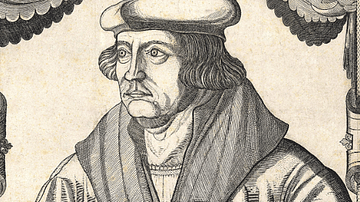
Definition
Johann Eck
Johann Eck (l. 1486-1543) was a Catholic theologian and writer best known for his disputations with Martin Luther (l. 1483-1546) beginning in 1517 and continuing until his death in 1543. Eck maintained the position that, if anyone could determine...

Article
Religion in the Middle Ages
Religion in the Middle Ages, though dominated by the Catholic Church, was far more varied than only orthodox Christianity. In the Early Middle Ages (c. 476-1000), long-established pagan beliefs and practices entwined with those of the new...
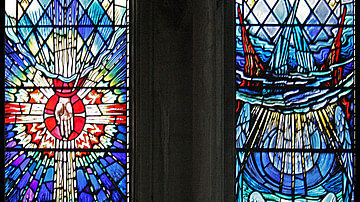
Article
Monotheism in the Ancient World
Monotheism is simply defined as the belief in one god and is usually positioned as the polar opposite of polytheism, the belief in many gods. However, the word monotheism is a relatively modern one that was coined in the mid-17th century...
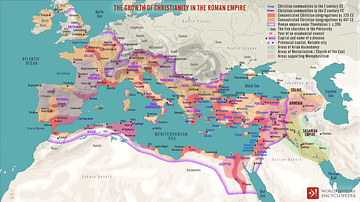
Article
Rome's Response to the Spread of Christianity
During the 1st century CE, a sect of Jews in Jerusalem claimed that their teacher, Jesus of Nazareth, was the 'messiah' of Israel. 'Messiah' meant 'anointed one', or someone chosen by the God of Israel to lead when God would intervene in...
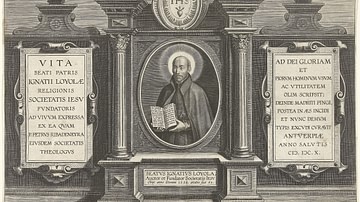
Article
Autobiography of Saint Ignatius of Loyola
The Autobiography of Saint Ignatius is the story of the life of Ignatius of Loyola (l. 1491-1556) dictated by him to the Jesuit priest Father Louis Gonzalez between 1553-1555, shortly before Loyola's death in 1556. It is an account of his...
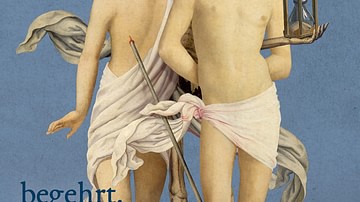
Interview
Interview: Bodies in the Middle Ages
In the Middle Ages, attitudes to the human body were rife with contradictions: Glorified, oppressed, cared for, and chastised. A new temporary exhibition at the Swiss National Museum in Zürich – coveted. cared for. martyred. Bodies in the...

Definition
Joan of Arc
Joan of Arc (Jeanne D'Arc, l. c. 1412-1431 CE) was a medieval peasant who, claiming to receive visions from God, turned the tide of the Hundred Years' War in favor of a French victory. She was famously martyrd for standing by her claim of...
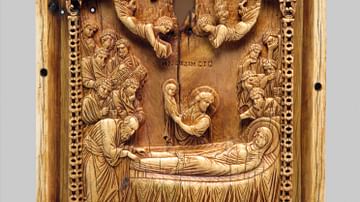
Image
Byzantine Icon with Koimesis
Made in the late 10th century CE, this ivory icon depicts the Koimesis, or death of the Virgin Mary. Also shown are Saints Peter and Paul. Measures 18.6 x 14.8 x 1.1 cm. (Metropolitan Museum of Art, New York)